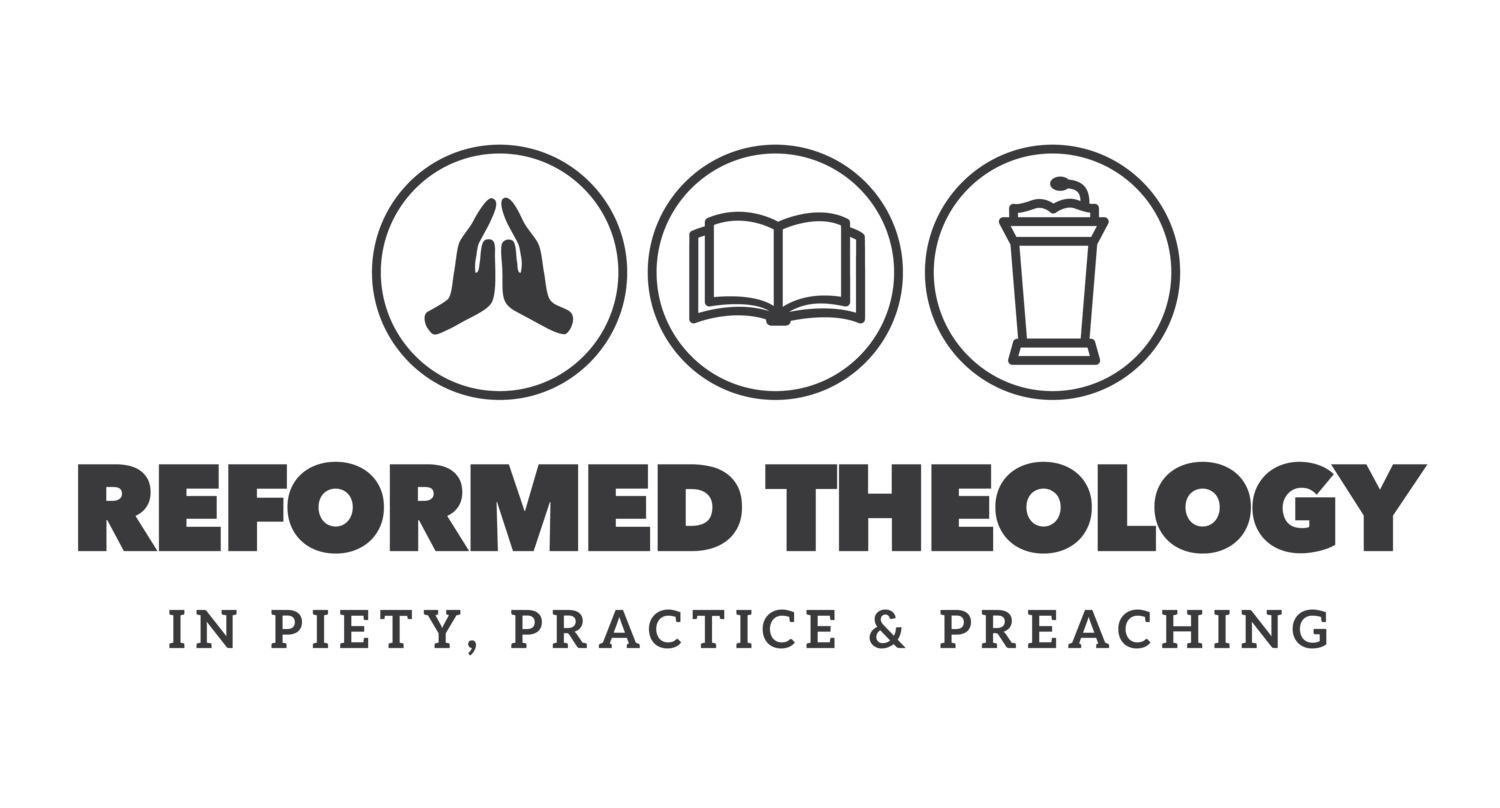One of the things my family does each Thanksgiving is, before we partake of our meal, we sing the first verse of the hymn, “Now Thank We All Our God,” which states:
Now Thank we all our God
with heart and hands and voices,
who wondrous things has done,
in whom his world rejoices;
who from our mothers’ arms
has blessed us on our way
with countless gifts of love,
and still is ours today.
This hymn provides some excellent thoughts for prayer, meditation, and praise for our triune God. But at the same time, when we consider the context in which this hymn was written, it might give us more food for thought and spur us to look at our lives in a different way.
A seventeenth-century Lutheran pastor wrote this hymn around 1636, which was during the latter part of the Thirty Years War. To say the least, this was a brutal war of religion between Roman Catholic and Protestant territories in Europe. Casualties on both sides were significant, but estimates place some of the heaviest losses among the German population. As much as a third, or more, of the German population died. Amid this time of tumult, there was an outbreak of the plague, which hit its peak in 1637. The hymn’s writer, Martin Rinkart is said to have performed as many as fifty funerals a day. Historians record that he performed 4,000 funerals in 1637, including the burial of his own wife. This was a time of profound suffering—death, disease, and destruction were all around. The Thirty Years War would grind on for another ten years.
With this context in mind, re-read the first verse of this hymn. If Pastor Rinkart could pen these words and give thanks for God’s countless gifts of love, perhaps his thankfulness amid suffering can give us some perspective on our own circumstances and struggles in life. Each and every day affords us the opportunity to give thanks to our faithful and loving triune God. Even in the face of challenges, if Pastor Rinkart could write such words of praise in the midst of his own profound suffering, then perhaps we can look around and find many things for which we’re thankful.
